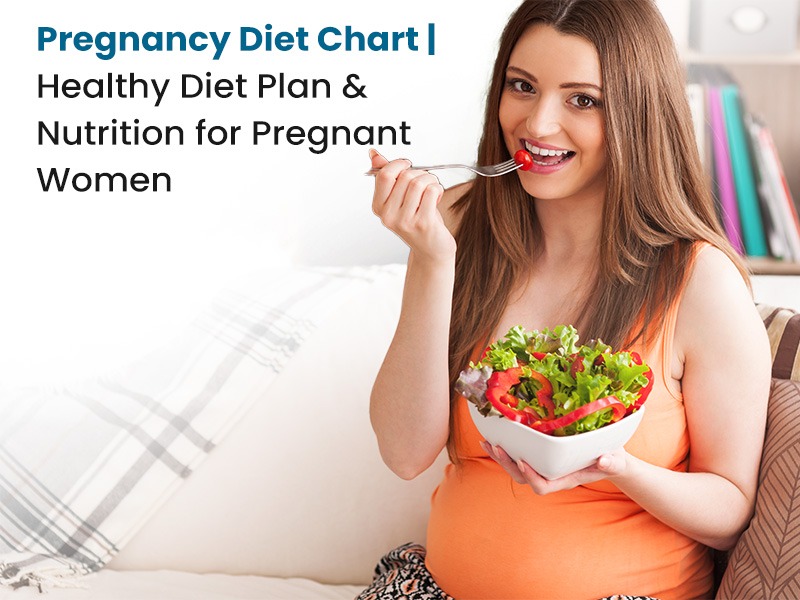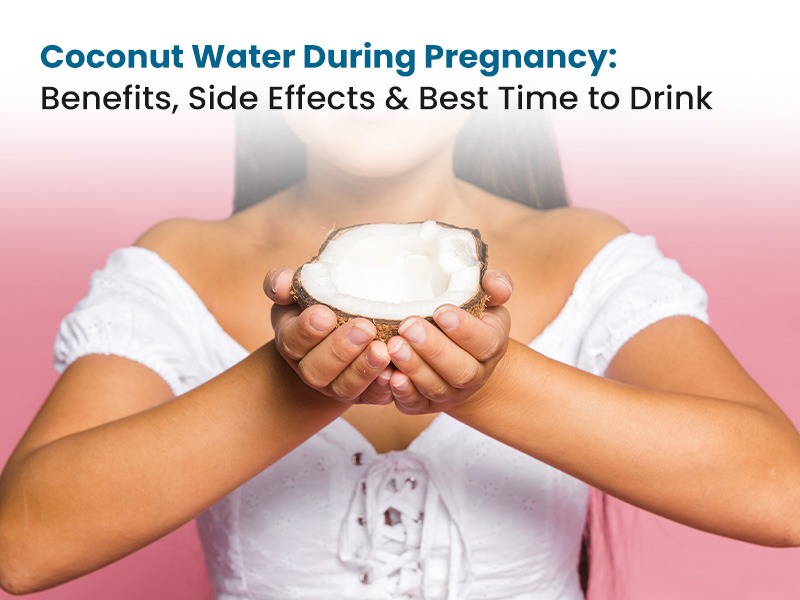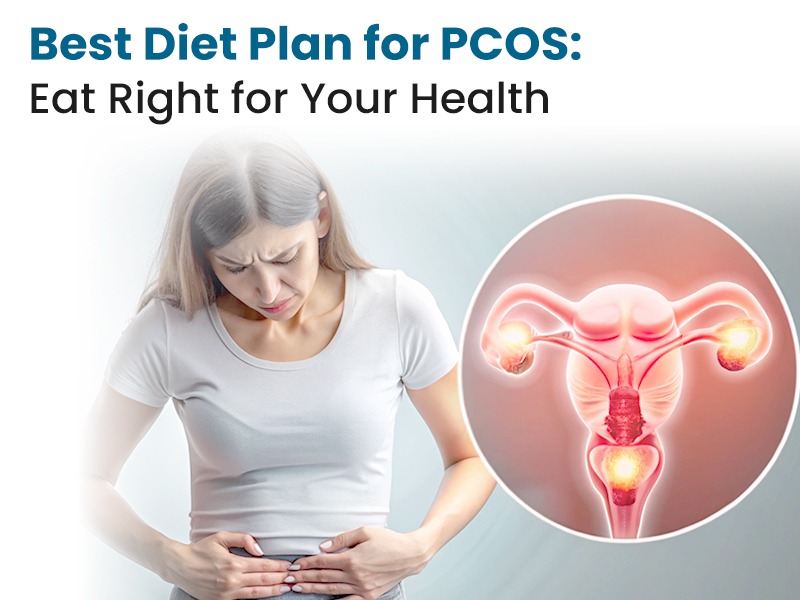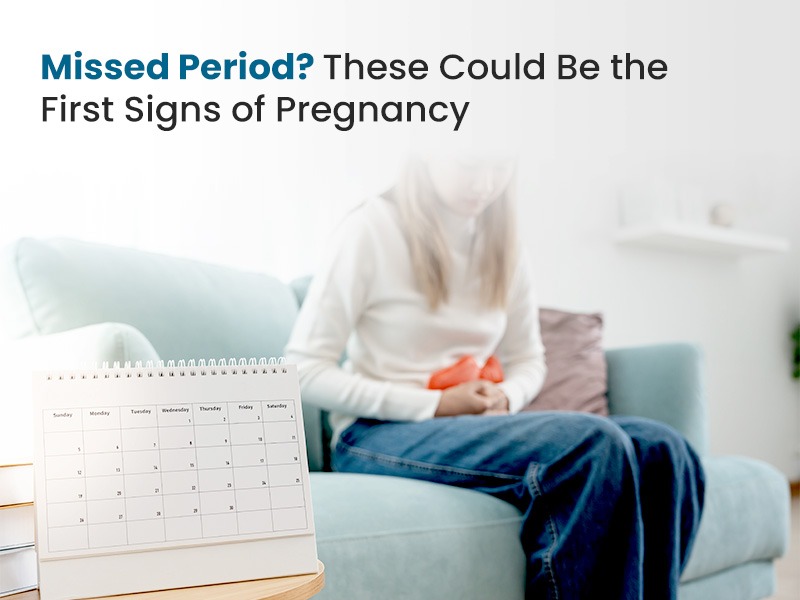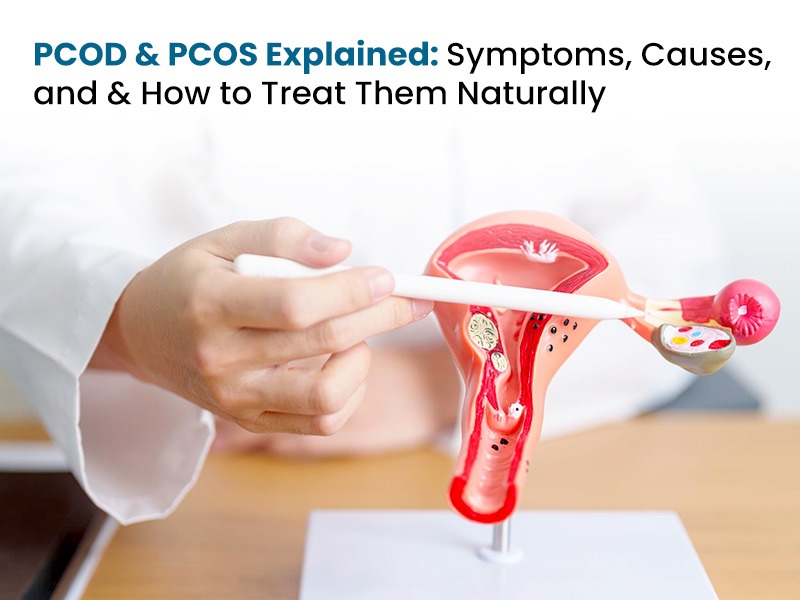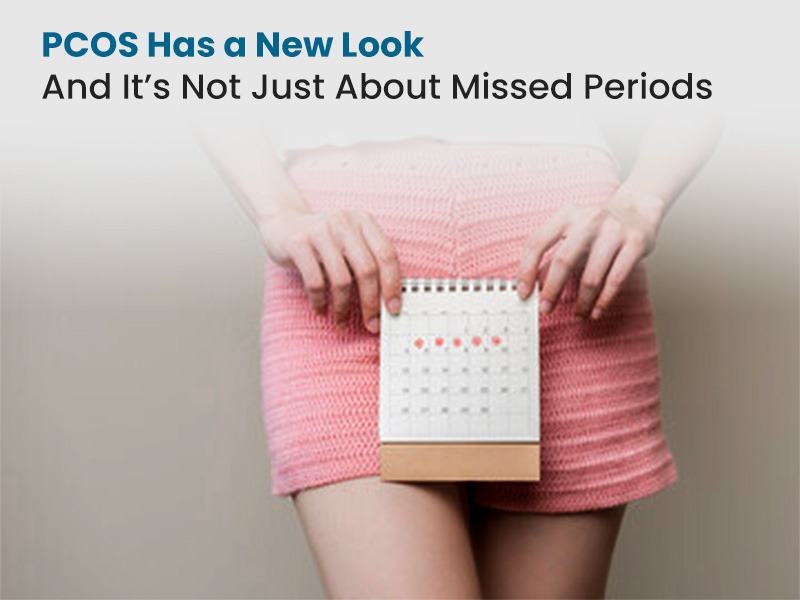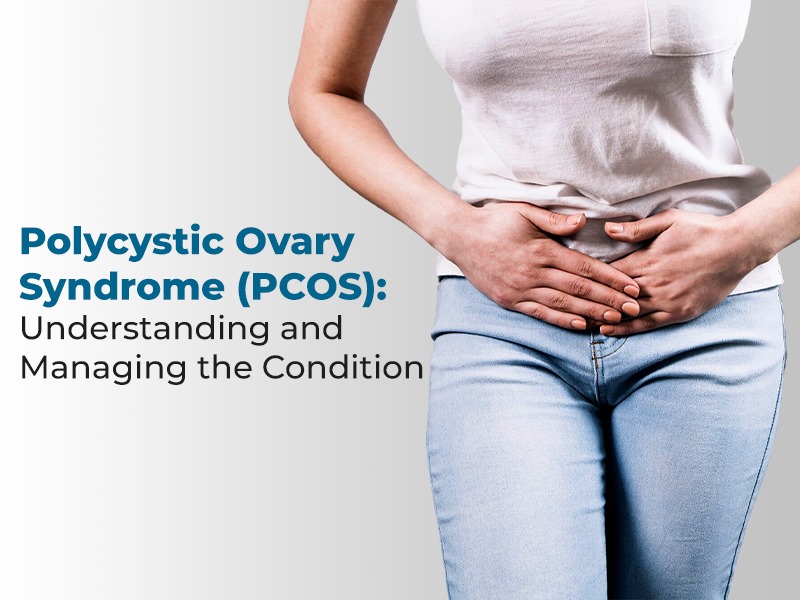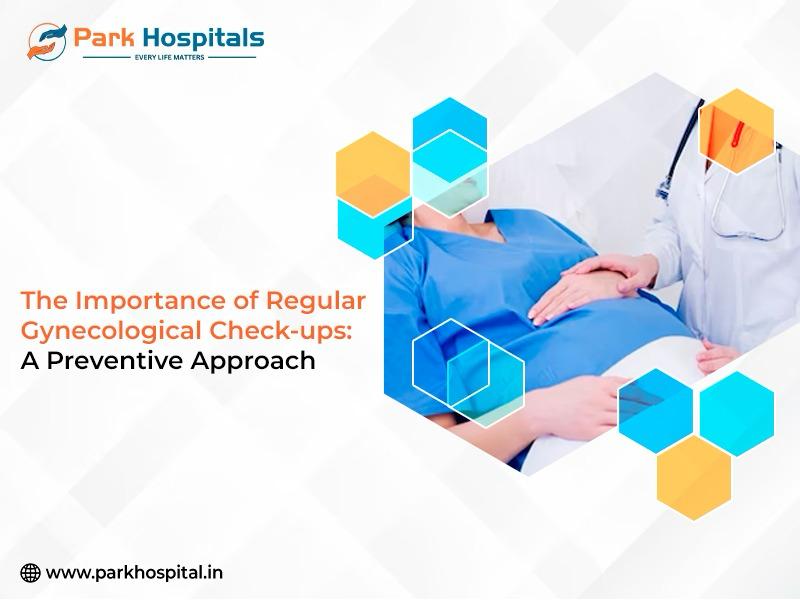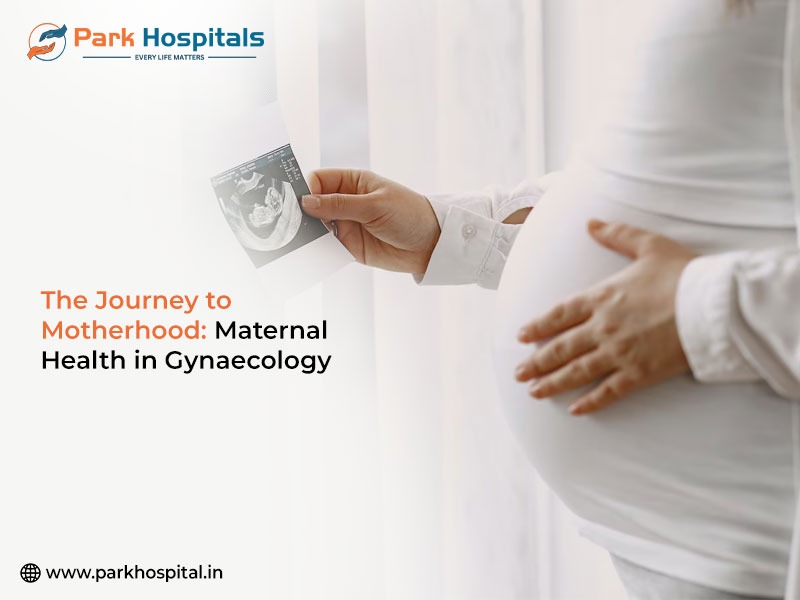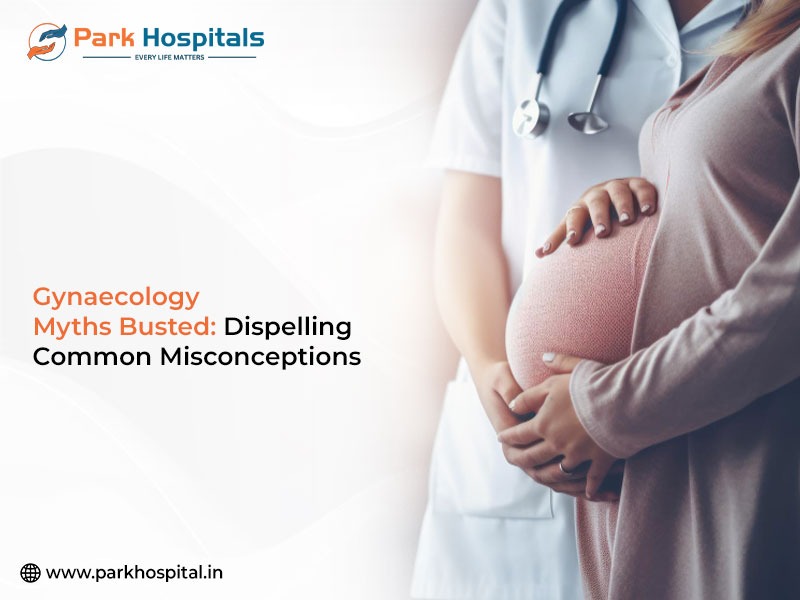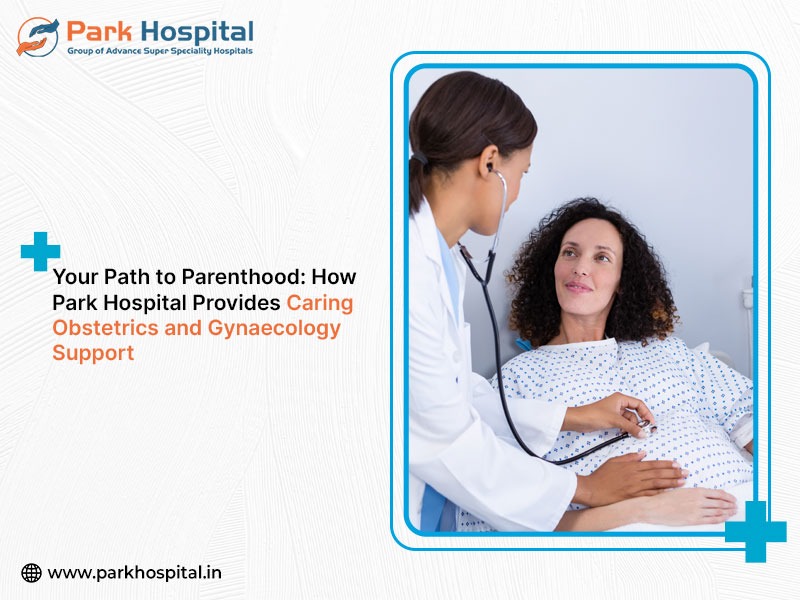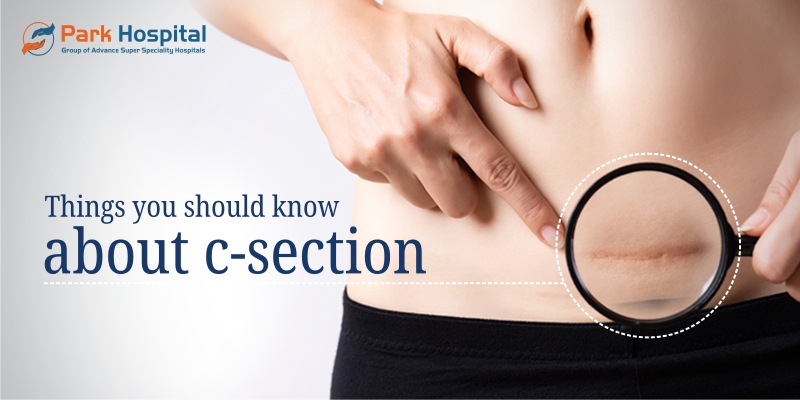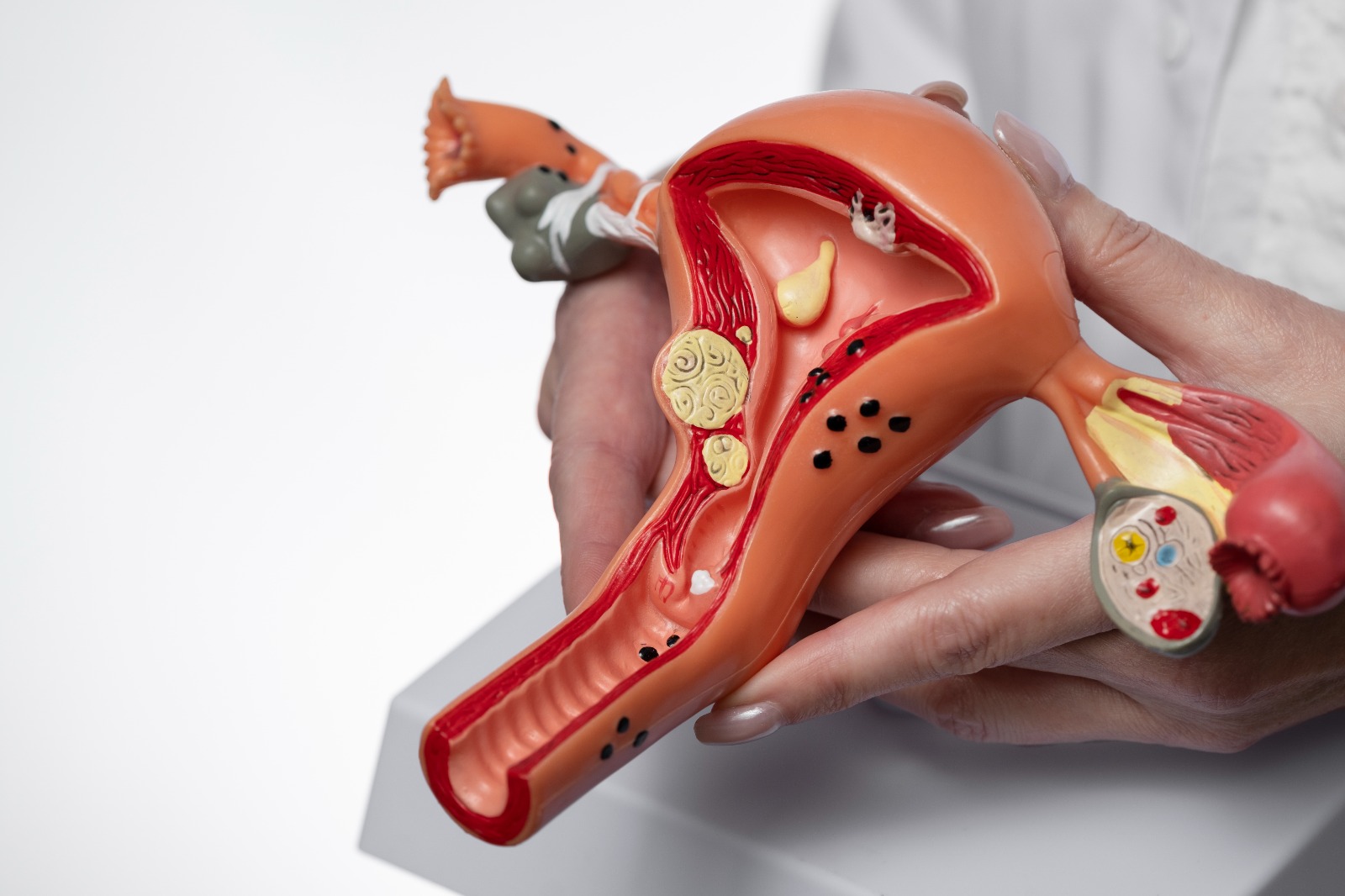Overview of Pregnancy Diet Chart and Nutrition
A well-balanced pregnancy diet chart plays a crucial role in ensuring the health of both mother and baby. During pregnancy, the body requires additional nutrients, vitamins, and minerals to support the baby’s growth and the mother’s well-being. Following the right diet plan in pregnancy helps reduce complications, ensures safe delivery, and promotes overall healthy outcomes. Including a variety of healthy foods for pregnant women such as fresh fruits, vegetables, whole grains, dairy products, and protein-rich options provides essential nourishment for both mother and baby.
Since nutritional needs change during each stage of pregnancy, it is important to follow a trimester-wise diet plan. In the first trimester, folic acid-rich foods and light meals help with early development and reduce nausea. During the second trimester, a balanced intake of calcium, protein, and iron supports the rapid growth of the baby. In the third trimester, energy-rich foods and fiber help prepare the body for delivery and manage common issues like fatigue and constipation. Adopting a healthy pregnancy meal plan ensures that both mother and child get complete care throughout all three stages.
At Park Group of Hospitals, we recognize how vital proper nutrition in pregnancy is for every expecting mother. Across Delhi, Gurugram (Sector 47, Palam Vihar and Sector 37D), Faridabad, Sonipat, Panipat, Karnal, Ambala, Patiala, Mohali, Bathinda, Behror and Jaipur, our medical centers are equipped to provide patients with expert dietary guidance and personal attention. For urgent medical assistance, our 24x7 emergency helpline +91 99166 99166 is always available to help you.
Why a Pregnancy Diet Chart is Important
A pregnancy diet chart is more than just a meal plan; it is a complete guide that supports the well-being of both the mother and the growing baby. Pregnancy places extra demands on the body, and without the right diet during pregnancy, women may face complications such as anemia, gestational diabetes, excessive weight gain, hypothyroidism or hyperthyroidism or nutritional deficiencies. By following a properly designed diet plan in pregnancy, mothers can ensure they receive adequate nutrients to maintain energy levels, strengthen immunity, and promote healthy fetal development.
Role of Nutrition in Pregnancy
Nutrition plays a vital role in pregnancy because every stage of fetal growth depends on the mother’s diet. Essential nutrients such as folic acid, calcium, iron, protein, and omega-3 fatty acids contribute to brain development, strong bones, proper circulation, and overall organ growth of the baby. For the mother, a nutrient-rich pregnancy diet plan helps reduce fatigue, supports better digestion, and prepares the body for childbirth and breastfeeding.
Benefits of a Balanced Diet for Pregnancy
Maintaining a balanced diet for pregnancy ensures that both macro and micronutrients are consumed in the right proportions. Some of the key benefits include:
Promotes steady and healthy weight gain for the mother
Reduces risks of birth defects and pregnancy-related complications
Improves stamina and energy throughout all three trimesters
Helps in controlling blood sugar and blood pressure levels
Ensures the baby receives vital nourishment for growth and development
A well-planned pregnancy diet chart not only protects maternal health but also lays the foundation for the baby’s future well-being.
General Guidelines for a Healthy Diet During Pregnancy
Pregnancy is a time when the body requires extra care and nourishment. Following a well-structured pregnancy diet plan helps meet the mother’s increased nutritional needs and supports the baby’s development. A balanced chart should include adequate carbohydrates for energy, proteins for growth, healthy fats, and essential vitamins and minerals. Simple habits like eating small meals at regular intervals, drinking enough water, and choosing fresh home-cooked food instead of processed items can make a big difference in ensuring a smooth pregnancy journey.
Key Nutrients Every Pregnant Woman Needs
A thoughtfully planned diet during pregnancy must provide the following nutrients in sufficient amounts:
Folic Acid – Essential for preventing birth defects related to the brain and spine.
Iron – Reduces the risk of anemia and helps supply oxygen to both mother and baby.
Calcium – Contributes to the growth of strong bones and prevents bone weakness in the mother and baby.
Protein – Essential for tissue repair, muscle development, and the healthy growth of the fetus and placenta.
Omega-3 Fatty Acids – Support the baby’s brain growth and improve vision development.
Fiber and Fluids – Improve digestion and help prevent constipation, which is common during pregnancy.
Foods to Eat During Pregnancy
Incorporating the right foods for pregnant women ensures steady nourishment. Some of the best options include:
Seasonal fruits and fresh green vegetables
Whole grains such as wheat, brown rice, oats, and millets
Dairy products like milk, curd, paneer, and cheese (pasteurized)
Protein-rich foods like lentils, pulses, well-cooked eggs, chicken, and fish
Healthy fats and minerals from nuts, seeds, and dry fruits
Foods to Avoid During Pregnancy
Certain foods and drinks can be harmful during pregnancy and are best avoided:
Raw or half-cooked meat, fish, and eggs
Unpasteurized milk and soft cheeses
Packaged foods and sugary soft drinks
Excess tea, coffee, or other caffeinated beverages
Alcohol, smoking, or any form of tobacco
By following these guidelines and sticking to a wholesome pregnancy diet chart, expecting mothers can protect their health and give their baby the right foundation for growth and development.
Trimester-wise Pregnancy Diet Plan
Each trimester of pregnancy has its own specific nutritional requirements for both the mother and the growing baby. A carefully designed pregnancy diet chart ensures that these needs are met at the right time, supporting growth, energy, and overall well-being.
Diet in First Trimester of Pregnancy
The first three months are crucial for the baby’s brain, spinal cord, and organ development. Morning sickness and nausea are common on, light and frequent meals are recommended.
Include folic acid-rich foods like spinach, broccoli, citrus fruits, and fortified cereals.
Eat small portions of protein sources such as pulses, eggs, and dairy products.
Keep yourself hydrated with water, fresh juices,coconut water and soups.
Avoid oily, spicy, or heavy meals that may worsen nausea.
Diet in Second Trimester of Pregnancy
The second trimester is marked by rapid growth of the baby’s bones, muscles, and organs. Mothers often experience increased appetite during this phase.
Add calcium-rich foods such as milk, curd, paneer, and almonds.
Consume iron-rich foods like beetroot, spinach, dates, and lean meat to prevent anemia.
Include whole grains and fiber-rich foods in your meals to keep digestion healthy.
Include protein sources such as fish (cooked), chicken, lentils, and nuts.
Diet in Third Trimester of Pregnancy
In the final trimester, the baby gains weight quickly, and the mother’s body prepares for delivery. Energy and nutrient requirements are highest during this phase.
Eat energy-rich foods like rice, whole wheat, oats, and sweet potatoes.
Eat plenty of vegetables and fruits that are high in fiber, as they help in maintaining smooth digestion and reduce the chances of constipation
Consume omega-3 fatty acids from walnuts, flaxseeds, and cooked fish for brain development.
Take small but frequent meals to avoid heartburn and maintain energy levels.
A trimester-wise diet plan in pregnancy helps mothers meet changing nutritional needs and supports safe and healthy delivery.
Best Foods for Pregnant Women
Choosing the right foods during pregnancy is essential for maintaining the mother’s health and ensuring proper growth of the baby. A well-planned pregnancy diet chart should include nutrient-dense options that provide energy, vitamins, and minerals throughout the nine months.
High Protein Foods for Pregnancy
Protein is vital for the development of fetal tissues, the placenta, and amniotic fluid. Including high protein foods in the pregnancy diet plan helps build strength and supports the baby’s overall growth.
Eggs, chicken, and well-cooked fish
Dairy products like paneer, curd, and milk
Plant-based proteins such as lentils, beans, and chickpeas
Almonds, walnuts, chia seeds, and other varieties of nuts and seeds
Healthy Snacks for Pregnant Women
Pregnant women often feel hungry between meals. Choosing healthy snacks prevents overeating and keeps energy levels stable.
Fresh fruit bowls or smoothies
Whole-grain crackers with hummus or peanut butter
Roasted chickpeas or makhana
Vegetable soups and salads
Yogurt topped with nuts or berries
Fruits and Vegetables to Include
Fruits and vegetables are the backbone of a healthy diet for pregnant women, offering fiber, vitamins, and antioxidants.
Leafy greens like spinach, kale, and fenugreek
Fruits like oranges, lemons, and sweet lime are excellent sources of vitamin C
Bananas and apples for quick energy
Carrots, beetroots, and pumpkins for essential vitamins and minerals
Seasonal fruits for freshness and maximum nutrition
By including these best foods for pregnancy in daily meals, expecting mothers can maintain strength, reduce complications, and support healthy baby development.
Pregnancy Meal Plan Examples
A well-structured pregnancy diet chart helps expecting mothers meet their daily nutritional needs and ensures both mother and baby remain healthy. Meals should provide a balance of proteins, carbohydrates, healthy fats, vitamins, and minerals, while avoiding processed and junk foods. Depending on dietary preferences, you can follow vegetarian or non-vegetarian plans. Below are sample meal plans and a daily balanced diet chart to guide healthy eating.
Sample Vegetarian Pregnancy Diet Plan
Vegetarian diets can provide all essential nutrients during pregnancy when carefully planned. Including protein-rich foods like lentils, paneer, and dairy products ensures proper growth of fetal tissues and supports the placenta.
This plan ensures a steady supply of energy, vitamins, and minerals while keeping the meals light and easy to digest.
Sample Non-Vegetarian Pregnancy Diet Plan
For non-vegetarian mothers, including lean meat, poultry, and fish provides high-quality protein and essential omega-3 fatty acids for the baby’s brain and eye development.
This non-vegetarian plan provides a rich variety of nutrients that support both maternal health and fetal growth while keeping meals balanced and satisfying.
Daily Balanced Diet Chart for Pregnancy
A simple daily pregnancy meal plan that combines variety and balance ensures continuous nourishment throughout the day.
This daily balanced diet provides a mix of energy, protein, fiber, and essential vitamins for overall health. It can be customized according to the needs of each trimester, individual appetite, and personal food choices.
Note: These sample meal plans are general guidelines. Each pregnancy is unique, and it is recommended to consult a gynecologist or dietitian to create a personalized pregnancy diet chart based on health conditions, weight, and trimester stage.
Conclusion: Healthy Eating for a Safe Pregnancy
A carefully planned pregnancy diet chart ensures that both the mother and baby receive the right balance of nutrients at every stage. From the first trimester diet rich in folic acid to the third trimester meal plan focused on energy and protein, healthy eating plays a vital role in safe pregnancy and smooth delivery. Including fresh fruits, vegetables, dairy, lean proteins, whole grains, and healthy snacks for pregnant women while avoiding processed or harmful foods builds strength, reduces complications, and promotes overall well-being.
At Park Group of Hospitals, we are committed to guiding expecting mothers with expert dietary advice and personalized care. With our network of hospitals across Delhi, Gurugram, Faridabad, Sonipat, Panipat, Karnal, Ambala, Patiala, Mohali, Bathinda, Behror, and Jaipur, mothers receive the best support throughout their journey. For urgent medical assistance, our 24x7 emergency helpline +91 99166 99166 is always available to ensure complete care and safety.
A nutritious pregnancy diet plan, combined with regular medical checkups and professional guidance, is the key to a healthy pregnancy and the best start for your baby’s life.
Frequently Asked Questions About Pregnancy Diet Chart
What does a pregnancy diet chart mean and why should it be followed?
A pregnancy diet chart is a planned outline that helps expecting mothers organize their meals to include all essential nutrients. It focuses on providing adequate proteins, vitamins, minerals, and healthy fats necessary for the mother’s well-being and the proper development of the baby. Such a chart typically includes fresh fruits, green vegetables, legumes, whole grains, and dairy products while promoting sufficient water intake and reducing the consumption of processed or junk foods.
Which foods should be a priority during pregnancy?
Pregnant women should focus on nutrient-rich foods that provide iron, folic acid, calcium, and protein. Common examples include eggs, milk, paneer, nuts, seeds, and leafy greens. Seasonal fruits like oranges, apples, and pomegranates are also beneficial for boosting immunity and aiding development of the baby’s brain and bones.
Are there foods that should be avoided while expecting?
Yes, some foods may be unsafe during pregnancy and are best avoided. These include raw or undercooked meat, high-mercury fish-like swordfish or mackerel, unpasteurized dairy products, excess caffeine, and unhygienic street food. Consuming such items can increase the risk of infections, food poisoning, or complications in pregnancy.
How often should meals be taken in pregnancy?
It is advisable to replace three large meals with five or six smaller meals spread evenly across the day. Frequent, lighter meals help maintain steady energy levels, reduce nausea, and prevent acidity, which are common discomforts during pregnancy.
Can supplements replace a healthy diet during pregnancy?
Supplements such as folic acid, iron, and calcium are usually advised by doctors to support pregnancy needs, but they should never replace whole foods. A balanced diet remains the foundation of good health, while supplements only act as additional support to cover nutritional gaps.

